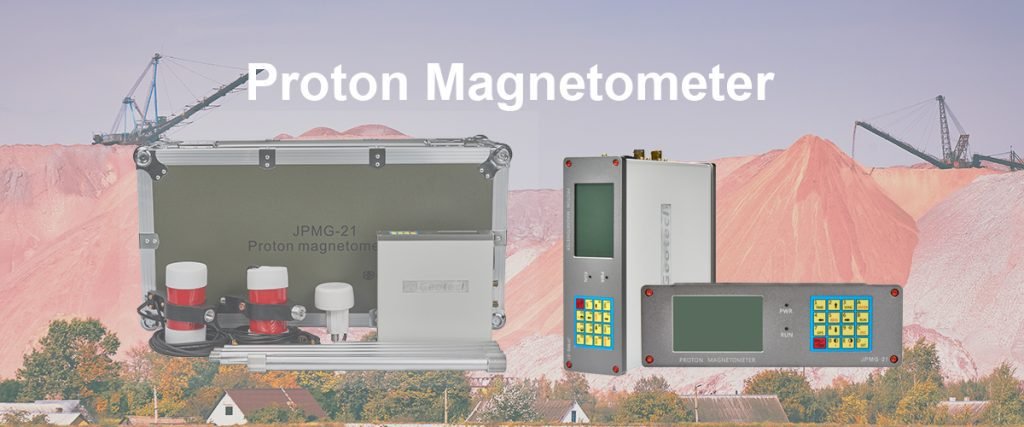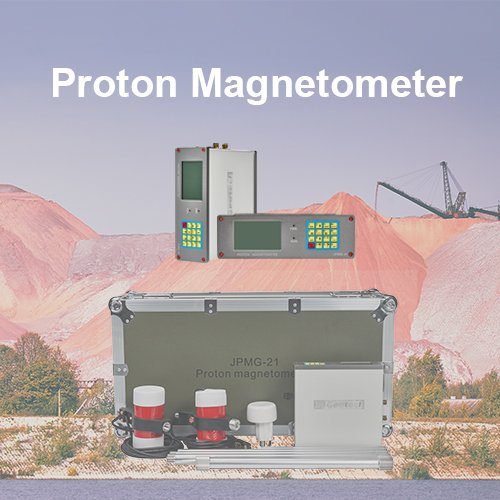Welcome to Geotech!

Magnetometer Precision: Error Control & Accuracy Boosting Guide
TIPS:In magnetic field measurement, magnetometers play a crucial role, and proton magnetometers are a notable type. The measurement precision of magnetometers determines the reliability of data. This abstract will explore the factors affecting the accuracy of magnetometers, analyze error sources, and introduce effective error control methods, helping you improve the measurement accuracy of magnetometers, especially proton magnetometers.

1. Introduction
In magnetic field measurement, a magnetometer’s precision determines data reliability. Error control is key to ensuring precision. From lab tests to industrial checks, accurate magnetic measurements need deep error understanding. This article explores factors affecting magnetometer precision, error sources, and correction methods. It helps boost measurement accuracy for all magnetic field uses.
2. Factors Impacting Magnetometer Precision
(1) Instrument Design
A magnetometer’s hardware shapes precision. Magnetic – sensitive parts’ sensitivity and resolution matter. Circuit noise also affects results. For example, proton magnetometers depend on coil design and signal – processing circuits. Optical pump magnetometers rely on pumping efficiency and frequency – locking precision.
(2) Environmental Interference
External factors disrupt measurements. Geomagnetic field changes (daily shifts) cause background noise. Nearby metals or electronics create local field disturbances. Industrial sites face machine – related interference. Fieldwork deals with geological and terrain – based magnetic variations.
3. Magnetometer Error Sources
(1) Systematic Errors
These stem from the instrument or fixed environments. Calibration gaps (e.g., misaligned sensors) cause long – term deviations. Temperature/humidity changes drift hardware, adding errors. High temps, for instance, alter circuit component properties and skew results.
(2) Random Errors
Unpredictable factors cause these. Environmental electromagnetic noise and geomagnetic micro – changes trigger errors. Weak field areas see bigger random errors. Instrument vibrations or operator touches also add discrete data fluctuations.
4. Error Control and Correction
(1) Correction Techniques
Fix systematic errors with calibration and compensation. Use high – precision magnetic sources to calibrate magnetometers regularly. Build models to align measured and true values. For environmental errors (like temperature), add compensation circuits/algorithms. For random errors, average multiple readings or apply filters (e.g., adaptive filtering).
(2) Precision Improvement Strategies
Optimize instrument design: pick high – sensitivity, low – noise parts. Upgrade signal – processing circuits. Choose measurement sites away from interference. Use advanced data – fitting/error – analysis algorithms (e.g., wavelet analysis) to separate signals from noise in complex environments.
5. Application – Based Precision Practices
(1) Scientific Research
In geophysics, high – precision magnetometers monitor geomagnetic fields and analyze geology. Ensure data precision via long – term station calibrations and multi – instrument averaging. This supports studying geomagnetic trends and geological structures.
(2) Industrial Testing
For industrial non – destructive testing, magnetometers check material defects/stress. Control errors with on – site calibration and shielding (e.g., electromagnetic rooms). Pair with real – time error – correction algorithms to spot internal field anomalies and ensure product quality.
6. Conclusion
Magnetometer precision and error control are vital in magnetic measurement. Analyzing factors, identifying errors, and applying corrections ensure reliable results. Targeted practices suit different scenarios. As tech advances, better instrument design and data algorithms will boost precision. This supports scientific and industrial magnetic measurement, driving the field toward smarter, more accurate applications.
Reference
- Society of Exploration Geophysicists (SEG) https://seg.org/
- Society of Environmental and Engineering Geophysicists (EEGS) https://www.eegs.org/
- Geology and Equipment Branch of China Mining Association http://www.chinamining.org.cn/
- International Union of Geological Sciences (IUGS) http://www.iugs.org/
- European Geological Survey Union (Eurogeosurveys) https://www.eurogeosurveys.org/
-1.png)


